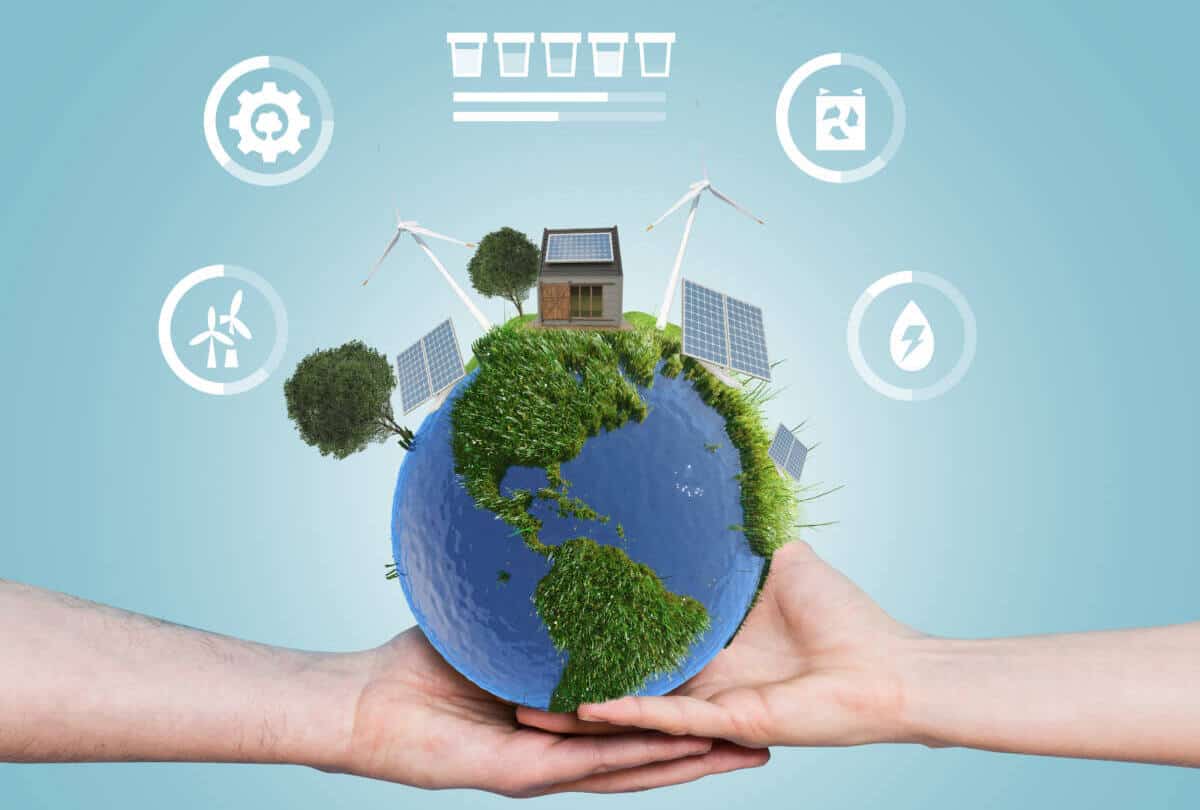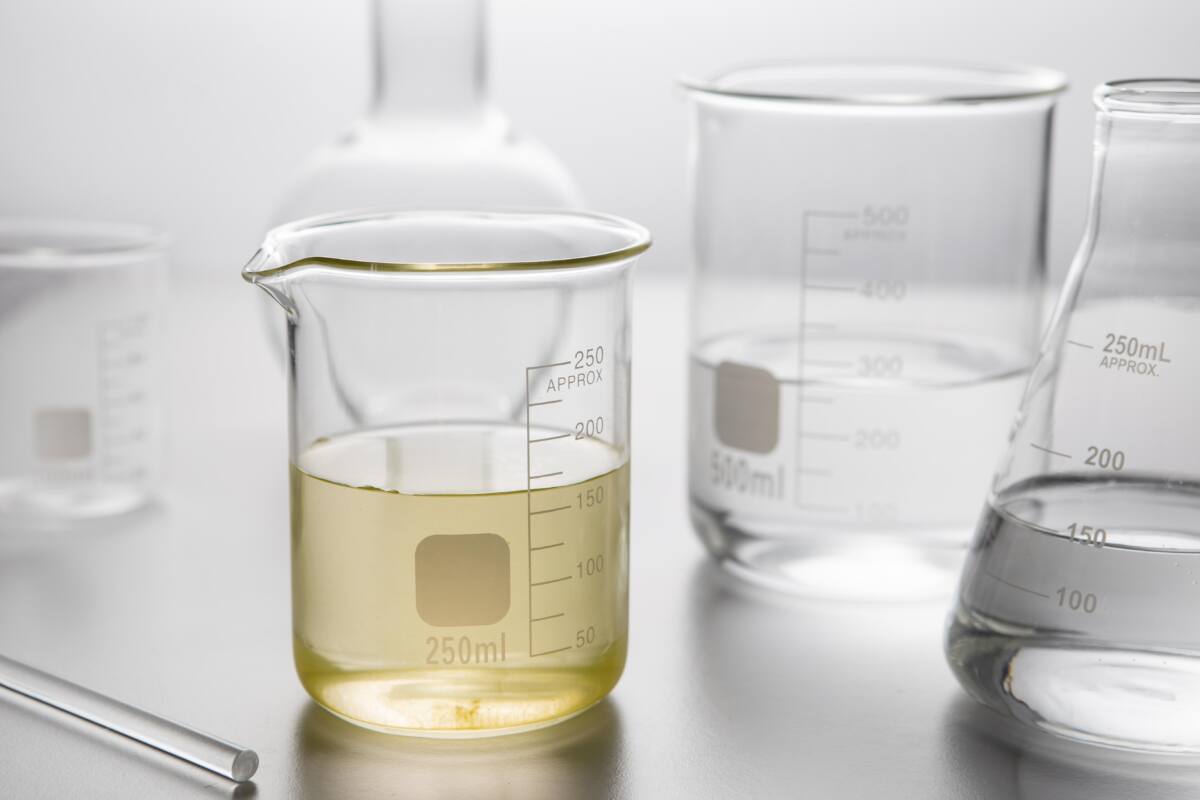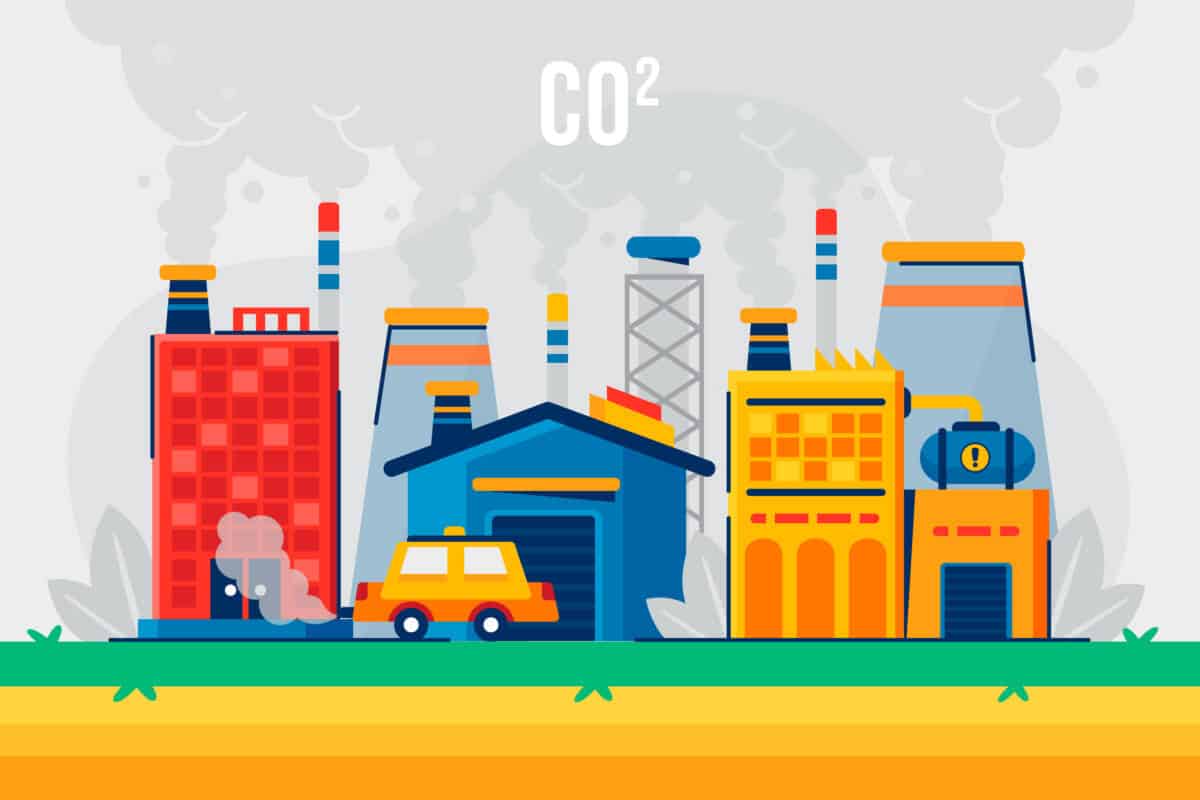Guide for Eco-Friendly Solvent Recyclers Compliance in Industries

Introduction
In an age where the imperatives of environmental sustainability and regulatory adherence take center stage, industries find themselves grappling with the challenge of aligning their solvent recycling practices with these essential principles. This blog aims to explore comprehensive strategies that empower industries to ensure that Eco-Friendly Solvent Recyclers methods not only meet regulatory standards but also contribute to a greener and more sustainable future.
Understanding Regulatory Standards
The first step in achieving environmentally friendly solvent recycling is a deep dive into the complex realm of environmental regulations. Thoroughly comprehending and staying abreast of relevant standards is imperative to guarantee that solvent recycling methods remain within legal boundaries and comply with the ever-evolving regulatory landscape.
A critical aspect of environmentally responsible solvent recycling is the selection of certified equipment. Opting for solvent recyclers with industry certifications provides tangible validation of adherence to environmental and safety standards. Such certifications instill confidence in industries, assuring them of the eco-friendly attributes of their solvent recycling processes.
Eco-Friendly Solvent Recyclers Technologies
Eco-friendly solvent recyclers technologies represent a pivotal stride towards sustainable industrial practices. These advanced technologies are designed with a keen focus on minimizing environmental impact while ensuring efficient solvent recovery. Embracing water-based or biodegradable solvent recycling solutions, these technologies prioritize eco-friendliness, aligning with contemporary environmental standards. By incorporating innovative processes, industries can significantly reduce their carbon footprint, contributing to a greener and more responsible future. These cutting-edge technologies not only address the crucial need for regulatory compliance but also foster a culture of environmental stewardship within industrial settings. The adoption of eco-friendly solvent recyclers technologies is a strategic investment that not only enhances the overall sustainability profile of industries but also positions them at the forefront of eco-conscious practices in the evolving landscape of solvent management.
To truly embrace green practices, industries should consider adopting solvent recycling technologies that prioritize eco-friendliness. Opting for water-based or biodegradable solvent recycling solutions can significantly reduce the environmental impact of industrial processes. This alignment with sustainability goals showcases a commitment to eco-friendly practices.
Regular Audits and Inspections
Maintaining a solvent recycling system’s optimal functionality and compliance with regulations requires a structured approach. Implementing routine audit and inspection schedules ensures that equipment consistently meets environmental standards. This proactive measure not only prevents regulatory violations but also fosters a culture of continuous improvement in solvent recycling practices.
Employee Training Programs
Empowering the workforce with the knowledge and skills necessary for environmentally responsible solvent recycling is pivotal. Employee training programs play a crucial role in ensuring that staff members comprehend the significance of compliance and actively contribute to eco-friendly practices. This investment in human capital strengthens the overall eco-conscious culture within the organization.
Solvent Recyclers – Waste Monitoring and Reporting
Waste monitoring and reporting in the realm of solvent recyclers stand as integral components of responsible industrial practices. With the ever-growing emphasis on environmental sustainability, industries employing solvent recyclers recognize the importance of implementing robust monitoring mechanisms. These mechanisms serve to track and analyze waste data generated through the solvent recycling process, providing crucial insights into resource utilization and potential areas for improvement.
By maintaining detailed records and instituting systematic reporting systems, industries can proactively manage their waste streams, ensuring compliance with environmental regulations and standards. The real-time tracking of waste facilitates a more informed decision-making process, enabling companies to optimize their solvent recycling strategies for maximum efficiency and minimal environmental impact. Additionally, transparent reporting not only strengthens the accountability of industrial operations but also contributes to building trust with stakeholders by showcasing a commitment to ethical and sustainable waste management practices. In essence, waste monitoring and reporting in the context of solvent recyclers not only align with regulatory requirements but also exemplify a conscientious approach towards fostering a greener, more sustainable industrial landscape.
Collaborate with Regulatory Bodies
A collaborative approach with relevant regulatory bodies is instrumental in navigating the intricate landscape of solvent recycling regulations. Seeking guidance, engaging in open communication, and fostering relationships with regulatory bodies ensure a clear understanding of evolving standards and address any concerns or inquiries related to solvent recycling practices.
Invest in Solvent Recycling Continuous Improvement
Staying ahead of the curve requires a proactive stance in adopting advancements in solvent recycling technologies. Investment in continuous improvement not only ensures compliance with current environmental standards but also positions industries at the forefront of eco-friendly practices. Embracing innovation is key to achieving sustainable and responsible solvent recycling.

Conclusion
Striking the intricate balance between environmentally conscious solvent recycling and strict regulatory compliance is a multifaceted undertaking. Industries can confidently navigate this complex landscape by staying well-informed, making strategic investments in certified equipment, adopting eco-friendly technologies, and cultivating a culture of unwavering compliance. This steadfast commitment not only ensures adherence to environmental standards but also paves the way for a sustainable and responsible industrial future. By taking these steps, industries contribute significantly to creating a greener tomorrow.
For more details on implementing these strategies in your solvent recycling practices, please feel free to contact us. We are here to provide additional information and guidance tailored to your specific needs and requirements.
In light of the imperative nature of addressing climate change, the reduction of industrial carbon emissions has transitioned from being a mere choice to an absolute necessity. Uniram Corp. provides eco-friendly solvent recovery solutions, along with additional strategies, offering a comprehensive approach to attaining sustainability goals. Through the embrace of innovation, collaborative efforts, and a steadfast commitment to sustainability, industries can lead the way towards a greener and more sustainable future, concurrently enhancing their financial bottom lines.
Industries play a pivotal role in the collective pursuit of carbon neutrality and a healthier planet. By incorporating these strategies, you have the potential to substantially diminish your industrial carbon emissions footprint, actively contributing to the creation of a more sustainable industrial landscape. For further insights into these approaches and tailored solutions, please don’t hesitate to reach out to us. We are here to provide additional information and assistance to meet your specific needs and aspirations.





